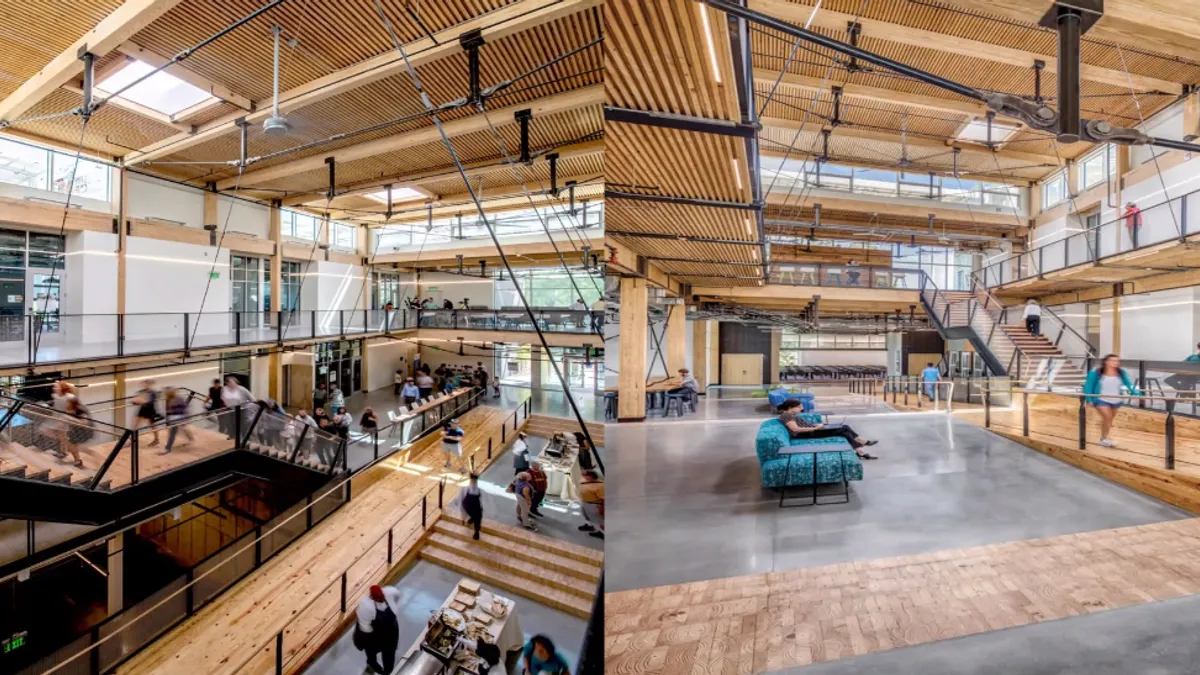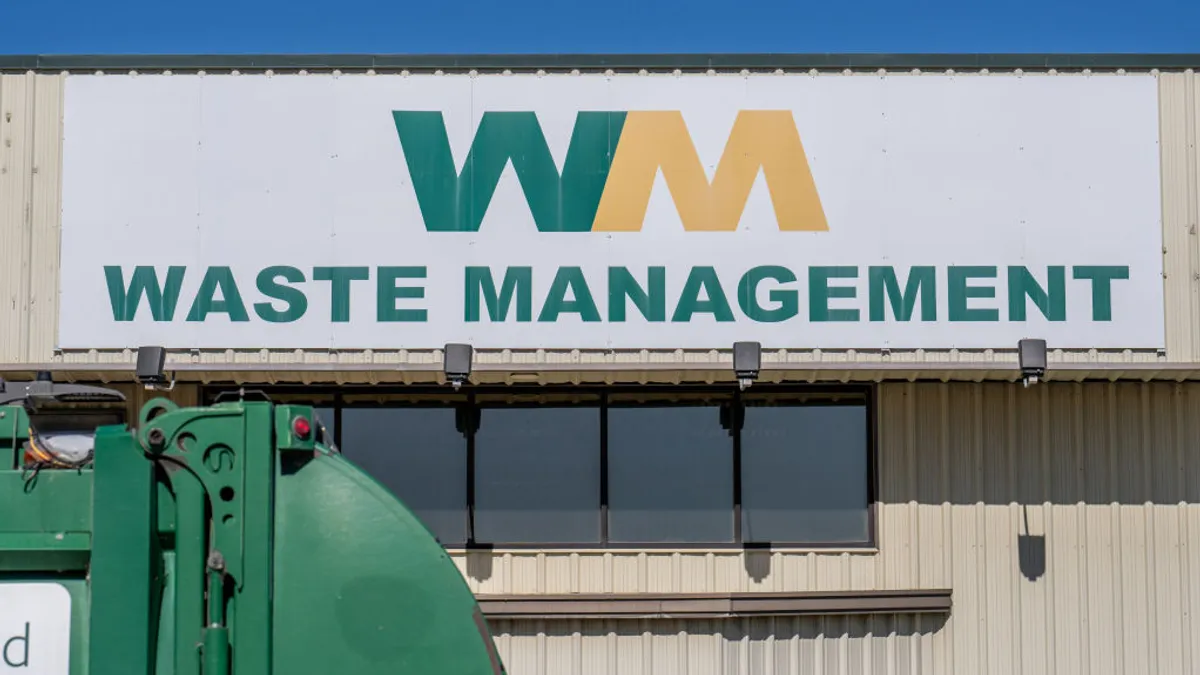Younger workers — particularly those just out of college or pursuing trade school — have untapped potential as long-term employees with a fresh perspective, and they could contribute to efforts to make waste and recycling workplaces more diverse, experts at a recent Northeast Recycling Council event said.
NERC’s spring conference, held online April 3-4, focused on career pathways for underrepresented workers. Speakers said many younger employees are open to all kinds of work, but they simply aren’t familiar with waste and recycling jobs. Successful job training programs, recruitment strategies and volunteer events can attract them to the industry, speakers from trade groups, recycling companies and municipalities said.
At the same time, employers should keep an open mind to candidates that don’t come from a traditional schooling background by posting jobs that focus on skills, not just on diplomas, they said. Here are some takeaways from the event:
Seek direct connections with schools
Connecting with younger workers can broaden a talent pool, particularly if employers approach the relationship with diversity in mind, speakers said.
Fields Jackson, president of the College Diversity Network and an adjunct professor at several colleges, said there’s untapped potential at the country’s 100-plus historically Black colleges and universities. Posting to diverse job boards or connecting directly with a nearby HBCU can open up the conversation. “There’s a lot of opportunity and a lot of talent” at HBCUs, but businesses need to make an effort to create relationships with students there, he said.
Getting students and other young people involved in community recycling events can educate students about what the industry’s about, he said. Jackson applauded Keep America Beautiful for its program that offers annual grants for community members who want to clean up or improve corridors across the country located near a street named after Martin Luther King Jr.
Consider workforce training programs
The Institute of Scrap Recycling Industries recently started its ISRI Sustainability Pathways Program, which connects students or recent graduates with a paid fellowship, internship or apprenticeship at a recycling company. Recruiting students from HBCUs and tribal colleges and universities is a notable part of the program, as well as recruiting students at trade schools.
“We support them academically as well as giving them that experiential opportunity within our companies,” said Cheryl Coleman, ISRI’s senior vice president.
Fellowships can help give underrepresented students a leg up when it’s time to move to a full-time position, she said. In some cases, a fellowship can count as one year of experience on their resume, meaning they may start future jobs with a higher wage or be eligible for promotions earlier.
Schnitzer Steel Industries is among the companies that participate in the Pathways program. “It's great for us because we're bringing in more diverse candidates and more diverse thought into the workplace,” said Whitney Cox, the company’s diversity, equity and inclusion program manager. “It’s also great for these students because they're getting a job right out of college, something that can help build a resume and help them determine maybe what path they want to go down in the future.”
Schnitzer also has its own in-house “academy” that partners with local high schools, colleges and technical institutes to offer hands-on training for students that might be interested in metals recycling jobs.
Once Schnitzer hires new employees, it also provides programs meant to retain the workers long-term. It’s a facet Cox said is essential to making sure the company’s diverse workforce feels safe and supported. That includes employee-led affinity groups that advocate for specific needs within the company. Schnitzer’s Hispanic Employee Resource Group recently called for better, more streamlined Spanish translation services, which she said the company recently implemented.
Employee retention is key, and part of that is valuing employee concerns as well as their labor, said Mara Iverson, owner of Mara Iverson Equity Education and Consulting. “Building a trust culture is critical … and the people who decide whether there is a culture of trust and safety are the people who are in the minority or who are disadvantaged people,” she said.
Be open to candidates with diverse skills
Hiring workers just out of school is an excellent way to build an intergenerational workforce and bring new perspectives into jobs, but workers who don’t come from traditional schooling backgrounds can also bring ideal skills to the table, said Michelle Wiseman, director of waste diversion and outreach for the City of Atlanta.
Wiseman advocates for what she calls the “asset-based community development model,” or ABCD, in which employers value individuals’ skill sets and life experiences as tools for solving community problems such as poverty, housing inequality or other challenges.
“When we look at community assets, we're looking at what people's gifts are. Everybody is not college-bound, but everyone does have a gift,” she said.
One example is Atlanta’s Lifecycle Building Center, a nonprofit that reuses and resells building materials to keep them out of landfills. The center also offers training on home repair and building techniques to help people gain experience they can later use when starting skilled trades such as plumbing and carpentry. Empowering people to see they have untapped skills is an important way to connect them to jobs they may not have previously considered, she said.
“We need to open our minds because as cities become more diverse, we need to make sure that we're including everyone in the conversation, and that way we're building better cities for our whole community,” Wiseman said.



















